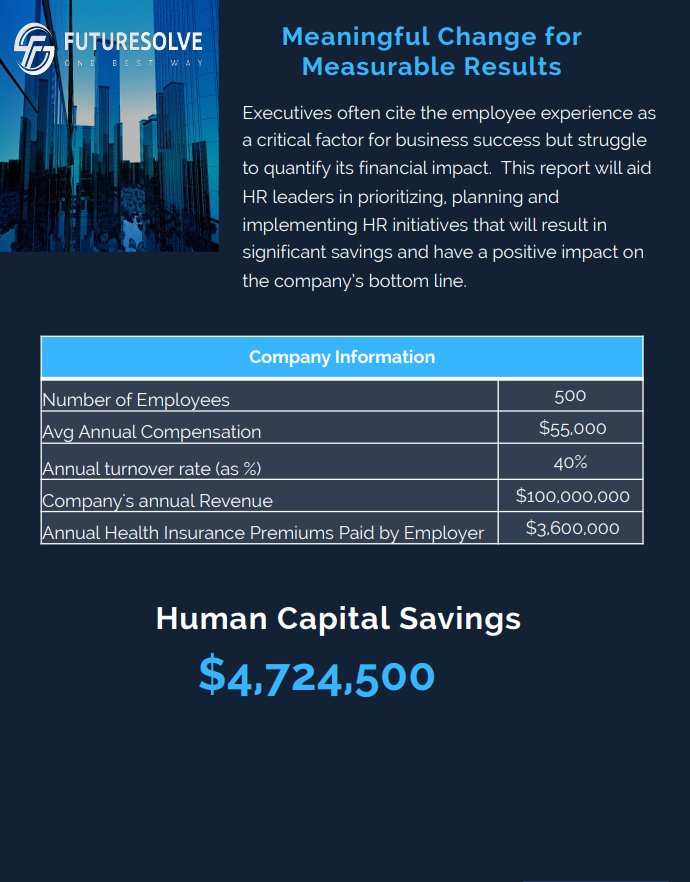For any small or medium-scale organization, HR or Human Resource management is quite a challenging function to accomplish. It is the strategy, and not mechanics, that is elusive. The way in which you build, nurture, and motivate the cohesive team within the organization can help in growing and scaling your company without breaking your budget. In such a scenario, the role of the CHRO plays a vital role. Let us know how!
What is a Chief Human Resource Officer (CHRO)?
A CHRO or Chief Human Resource Officer is an operational business leader who is known to partner with executive peers to shape and influence business strategy toward moving the company forward. A CHRO is also known as the CPO (Chief People Officer) or the CTO (Chief Talent Officer). The professional is responsible for taking a higher level of view of the entire business goals. Then, the professionals will work towards the development of the right systems, processes, and human capital to ensure that you are able to meet the same.
The role of the CHRO within an organization is of immense importance in any company, and it continues expanding. The modern-day CHROs are expected to support the overall strategic decision of the organization across acquisition, recruitment, performance & talent management, training, development, succession, and so on. To top it all, they are also expected to grow their overall knowledge with respect to workforce planning and human capital capability.
Main Responsibilities of the CHRO
The chief responsibilities of a qualified CHRO within an organization will include:
- Creating talent acquisition strategies to come across a stronger pipeline for future recruitment needs
- Formulation of in-depth career development plans
- Promotion of the inclusion within the workplace while reinforcing the position in the form of an equal opportunity employer
Why are CHROs Important?
The CHRO or the CPO (Chief People Officer) is the C-level organizational leader who is responsible for overseeing the entire scope of HR management. The professional is also concerned with specifying the agenda for the existing workplace culture while providing ample focus on the overall employee experience. A CHRO also enables an organization to approach HR from a long-term, strategic perspective.
While technology can play a vital role in saving time for HR administrators in handling a myriad of tasks within the organization, a dedicated C-level leader can offer the company the expertise of someone highly accountable for ensuring the well-being of the entire organization.

Daniel Marsili
Former CHRO Colgate-Palmolive Company

Ceree Eberly
Former CHRO
The Coca Cola Company

David F. Kozel
Previous CHRO PVH Corporations

Stephanie Wemusa
Executive Advisor
DEI&B

Sandhya Johnson, Ph.D.
Executive Advisor

Jim Lynde
Previous CHRO
Spirit Airlines
#Positively Affecting the Organizational Culture
CHROs are capable of providing the overall strategy that is best capable of supporting HR managers and teams. During the pandemic, Human Resources teams were tasked with the overall challenge of managing the ongoing changes. They were expected to maintain alignment and engagement at the moment when an endless number of employees were abruptly separated from the workplace environment.
The value of CHROs in the given context is that they are capable of establishing overarching policies for addressing the need for additional actions or additional help. The employee experience is no longer expected to be left to some opportunity. The entire outcome of the company will depend significantly on the processes of talent and recruitment management
#Building an HR Strategy
HR leaders are given the responsibility to make sure that employees are performing at their best. This helps in determining the connection between the employee-first strategy and the chance to reinforce the respective business strategy. When an organization ensures the same, it helps in translating business strategy into reliable workforce strategy.
An HR manager and CHROs are responsible for assessing the changes and challenges happening within the organization. They are capable of understanding the resources, skills, and tools required for enabling and supporting employees to deliver positive outcomes. As employees continue making their way back to the office and pursuing hybrid work, CHRO leaders are expected to make it simpler for employees to complete the work.
#Aligning All Human Capital Drivers
The primary objective of the CHRO is the creation of specific goals for attaining critical corporate functions. The objectives will vary based on the strategic goals of the company. Moreover, these will also focus on HR essentials to start over with the operations.
In the modern era, corporate goals tend to be highly concerned with employee retention and overall cultural development. CHRO can help in making strategic decisions to assist the business in achieving its goals.
#Helping Employees Navigate Change
Companies in the modern era are facing a future of shifts and transformation whether or not these are planned. CEOs of organizations keep looking for a leader to serve as the strategic partner for the entire workforce. They look into the key drivers, threats, and disputes related to the company.
A CHRO can look into all possible factors while using them to come up with strategies for ensuring the best iteration within the workplace. The CHRO also oversees the ongoing change throughout the organization while getting all stakeholders aligned.
Speak to an Advisor
What Software Do CHROs Use?
Some lucrative software solutions that CHROs can think of using are:
- CHRO Advisory Software: Leading strategic CHRO advisory software or solutions by FutureSolve help in providing access to prestigious advisors and CHROs. It offers the opportunity to work with the best strategies and practices enabled by the revolutionary SaaS-powered technology.
- Recruitment Software: This solution helps in streamlining the entire cycle of the recruitment process. It helps in automating a myriad of tasks -shortlisting candidates, posting a job, managing job applications, and so more.
- Performance management Software: It will allow both HR and CHRO leads to keep track of the overall performance of every employee while allowing them to identify gaps within the performance and pursue course correction.
How to hire the right CHRO?
The CHRO or Chief Human Resource Officer serves to be one of the most valuable hires capable of significantly impacting the success of the organization. When you are hiring the CHRO, there are some factors you need to consider. Here are some:
Know your company’s concrete needs
Deciding on why, how to hire, and what for will be fundamental in deciding the success of the CHRO hiring process. To ensure the same, you need to understand your core needs beforehand. Are you committed to minimizing staff costs? Do you aim at re-structuring? Do you wish to obtain more out of the existing efficiency of your team? Whatever might be your organizational needs, it will help you choose the right CHRO.
Look for experience
An experienced CHRO can work wonders for your organization. Whether you are hiring an individual or a firm, look for relevant expertise in the given industry. It will help you rest assured that the professional will handle all the core tasks of the company efficiently and with ample responsibility.
Find reviews on their performance
Once you come up with a list of CHROs, go through reviews of previous clients or organizations that might have worked with them. Based on the same, you can analyze the right CHRO for your organization.
Conclusion
The importance of CHROs in an organization is multifold -navigation of ongoing disruption, understanding of internal & external change drivers, and minimizing organizational risks. In the modern era, forward-thinking HR leaders are using advanced technologies to keep track of historical data and ensure predictions about the future.





























